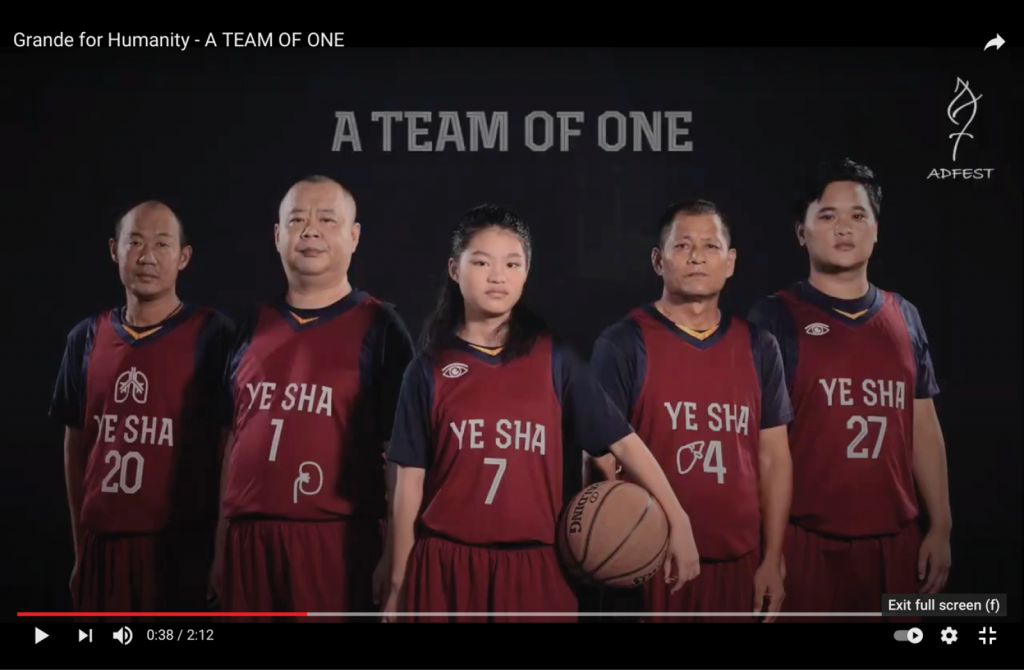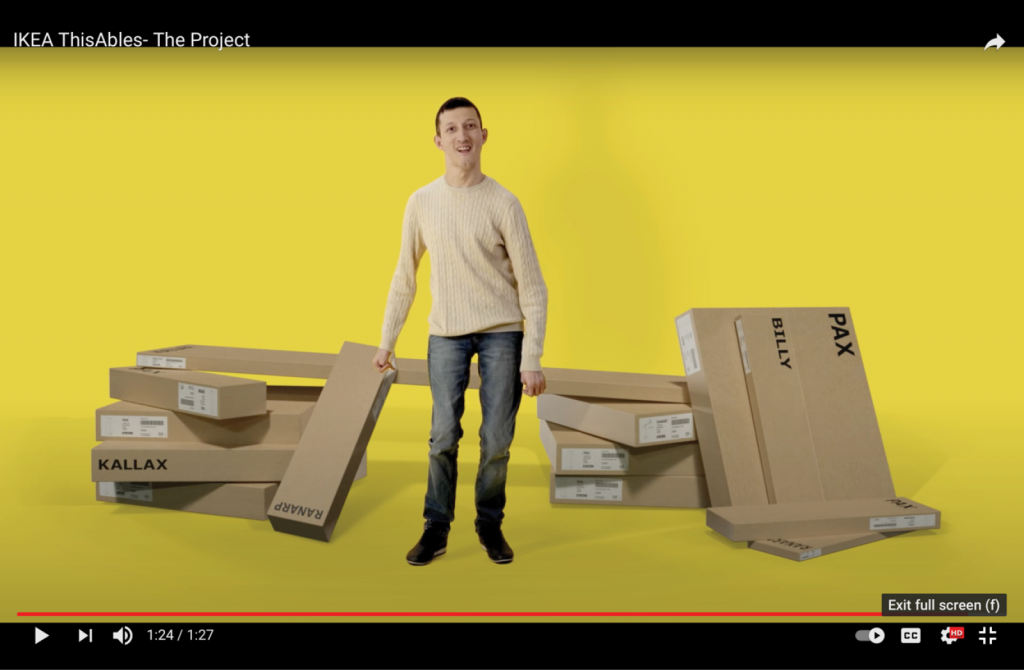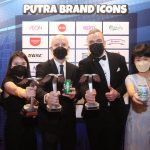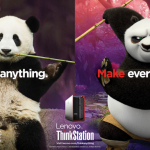We have been told people hate ads – so the less ads we see, the better.
I think that’s true of not just bad advertising, but of all things bad. We should learn how to make good ads if we want to make a living from advertising.
We should acknowledge the human truth that people buy relevance, not ads and recognise the fact that we are in the business formerly known as advertising. Our job is to engage people and advertising is just one of many ways to do that job.
“Good work doesn’t look or feel like work, which is why so many ads don’t work. Good work is like a good friend we want to spend more time with.”
Forums like AdFest help us to recognise good work (not just good ads) and set standards so the industry has a North Star to look to and learn from, to produce more of the work that people love and less of the work that people loathe.
Good work doesn’t look or feel like work, which is why so many ads don’t work. Good work is like a good friend we want to spend more time with. We want to hear what they have to say and get to know them better.
The Work And How We Judged Them
The AdFest 2020 Branded Entertainment and Effectiveness Lotus entries we judged were mostly made in 2019. Pre-Covid, so we can’t attribute the quality of the work to working from home or to fever.
The pieces of work we judged may have been less but in terms of quality, we couldn’t have asked for more. Some of the work we saw were truly outstanding. Strategic, creative, innovative, world-class.
My brief to the Branded Entertainment and Effectiveness juries was simple. Was the work different? Did it make a difference? Did it move people? Did it move business? Entries that ticked these boxes – work that got people to stop, stare and share – made the finalist list.
What won and why they won
We awarded two Gold Lotus awards in the Branded Entertainment category – one to The Most Challenging Ping Pong Table from Japan, the other to A Team Of One from China.
The Most Challenging Ping Pong Table was a simple yet remarkable design idea that visualised the challenges faced by para-athletes. As for A Team Of One, we have seen many organ donation campaigns before but none like this. These two pieces of work stood out from the start and the jury was unanimous in awarding Gold to both.
We awarded another two Gold Lotus awards in the Effectiveness category – one to A Team Of One, the other to Get Back, Tohoku!
A Team Of One was a brilliant idea done on a massive scale and succeeded where previous organ donation campaigns failed. It moved some of us to tears. Get Back, Tohoku! was an endearing and enduring campaign that surprised us year after year. The consistency of the craft was remarkable.

On Humanity
The jury was torn between A Team Of One and IKEA ThisAbles for the Grande for Humanity. Both were brilliant pieces of work that worked. They were different and made a huge difference.
Much as we loved ThisAbles, A Team Of One had a bigger challenge and was produced on a bigger scale. The jury rewarded the team that reached the top of a higher mountain.

On Innovation
My favourite Innova Lotus winner was IKEA ThisAbles. The idea is brilliantly simple and has massive market potential. Some call this “purpose-driven advertising”. I call this “Innovative Business Solution”.
Innovation is not the monopoly of developed nations. Creative thinking and innovation can come from anyone, anywhere. The challenge is to recognise a great idea when we see one and get it to market first.
On Culture
The Lotus Roots award is unique to AdFest and the region. The work awarded has to demonstrate a cultural relevance that is unique to its place of origin.
Entries from Japan should be fresh like sushi, work from Thailand should burn like tom yum. Don’t submit work that tastes like a hotdog from New York.
On Money
There’s a visible difference between an ad and a piece of branded entertainment.
We saw more than a few entries in Branded Entertainment that clearly looked like ads. Some were great but we couldn’t award them because they weren’t branded entertainment.
A piece of branded entertainment should not look or feel like an ad. Don’t waste money submitting ads hoping they will be mistaken for branded entertainment.
On Effectiveness
The Effectiveness category wasn’t any less entertaining than the Branded Entertainment category. There’s still a lot of debate on data versus creativity, like we could choose between the two.
Data tells us where the customer is. Media gets us there. What we do when we are face-to-face with the customer, that’s creativity.
Do we smile, do we sing or do we dance in front of the customer? Should we bring flowers or offer a gift so he or she will invite us in?
Creativity moves the customer that data and media have helped us reach.
Data is a hygiene factor we can’t do without. Creativity is the X-factor that moves people to move business.
Marry the two for effectiveness in the marketplace and at award shows.

Ted Lim is AdFest 2020/2021 Jury President of the Branded Entertainment and Effectiveness Lotus categories. The creative consultant was Cannes Lions Jury President and honoured by AdWeek as 1 of 13 global creative leaders who is innovating advertising worldwide. He led Dentsu Asia- Pacic to a Cannes Lions Grand Prix, the D&AD Black Pencil, the Facebook Award for Innovation, Campaign Brief Asia’s Most Creative Network 2017 and 2018 and AdFest Network of the Year 2017, 2018 and 2019.
Speaking of awards, The annual APPIES Malaysia Marketing Awards that honors the best marketing campaigns with outstanding success stories, as well as the people behind them, is officially accepting submissions for 2021.
MARKETING Magazine is not responsible for the content of external sites.









